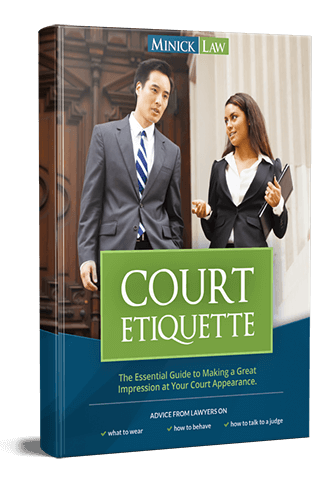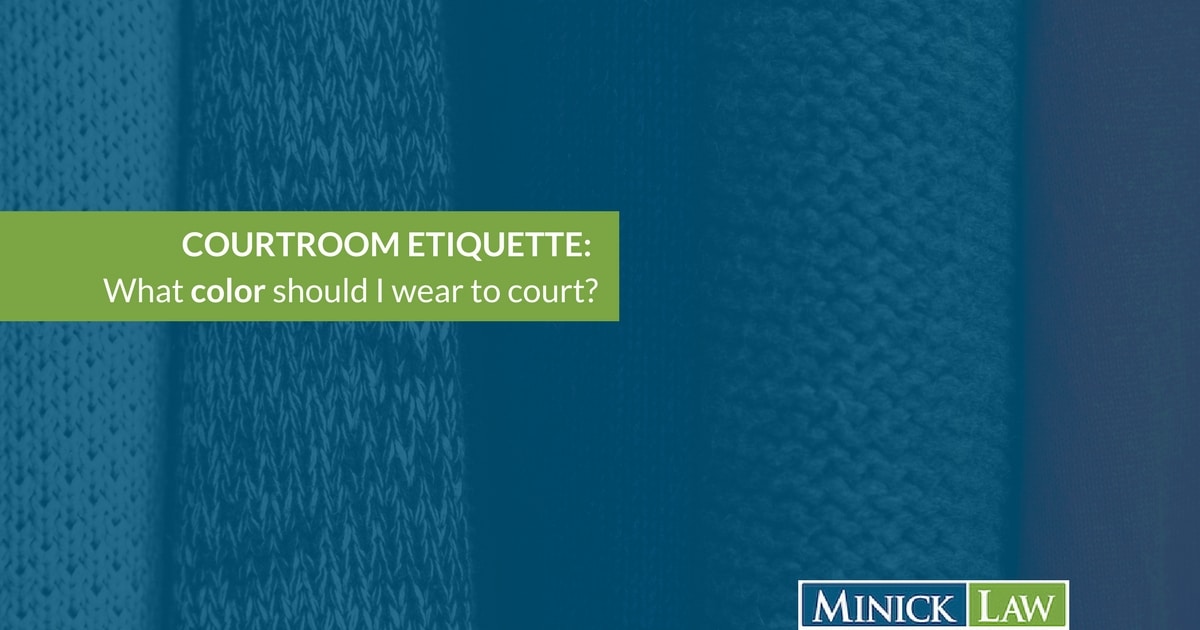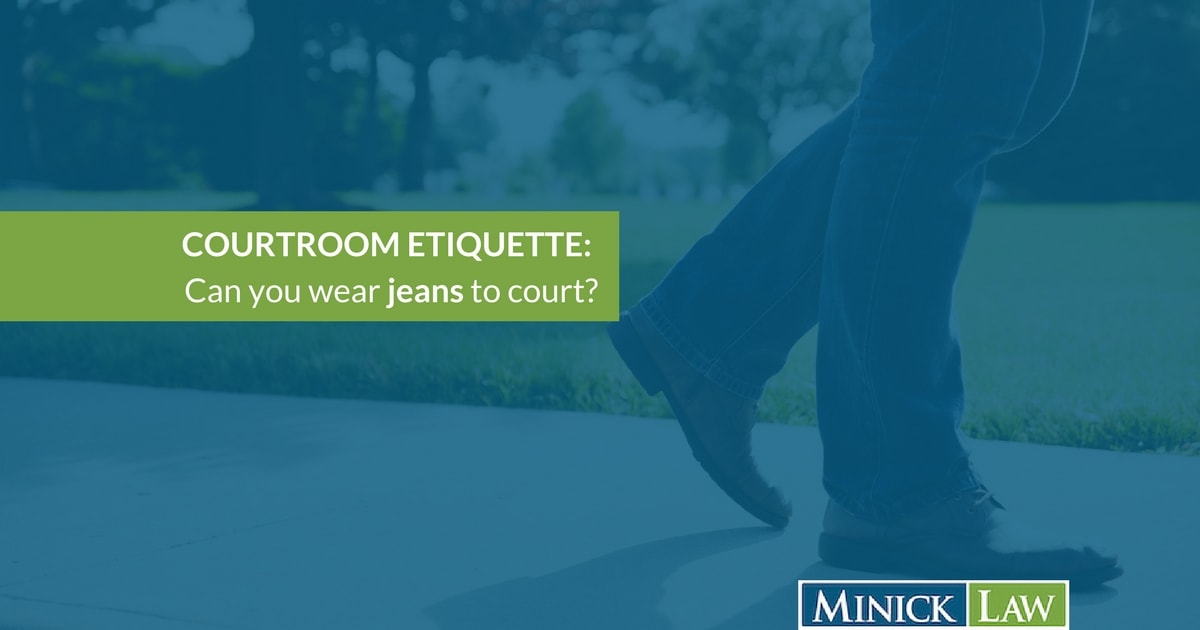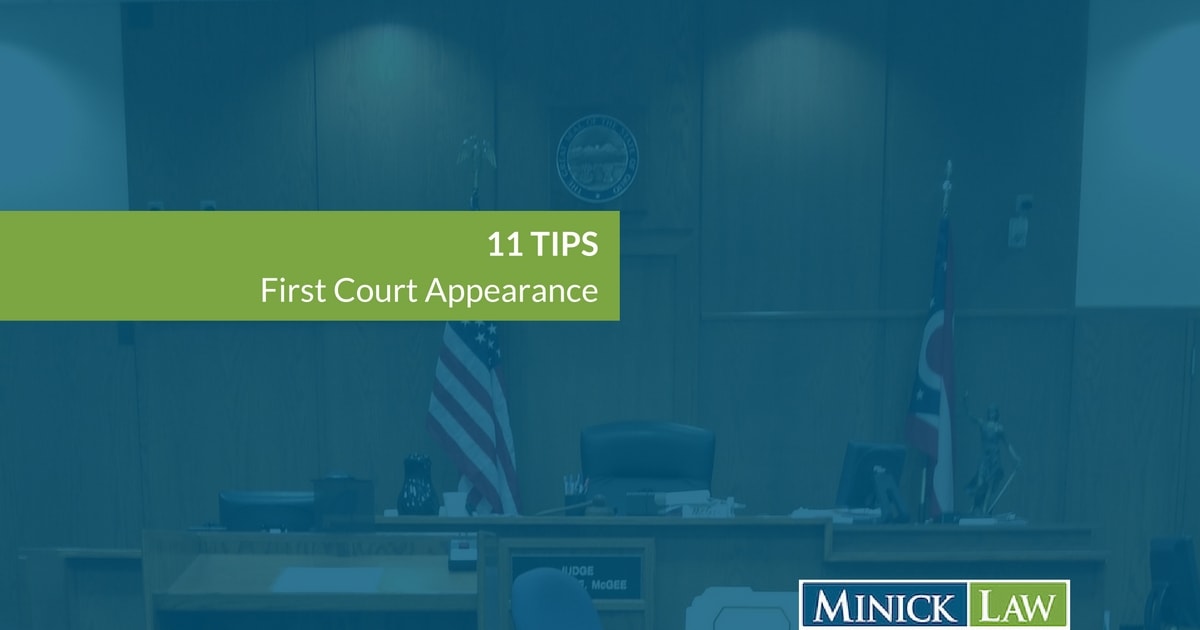Get the defense you need from a law firm that cares.
Durham DWI News & Resources
- Durham Posts
- Courtroom Etiquette
What Happens During Booking in Durham, NC?
What happens during booking in Durham, NC? Minick Law, P.C. takes a look at the general booking process to let you know what to expect.
What to Wear to a DUI Court Hearing in Durham, NC
Are you wondering what to wear to your DUI court hearing in Durham, NC? Minick Law provides good guidelines for both men and women.
Find Our Durham Office Around the Web!

Download the Free Guide
Court Etiquette: The Essential Guide to Making a Great Impression at Your Court Appearance
Advice from lawyers on what to wear, how to behave, and how to talk to a judge.









